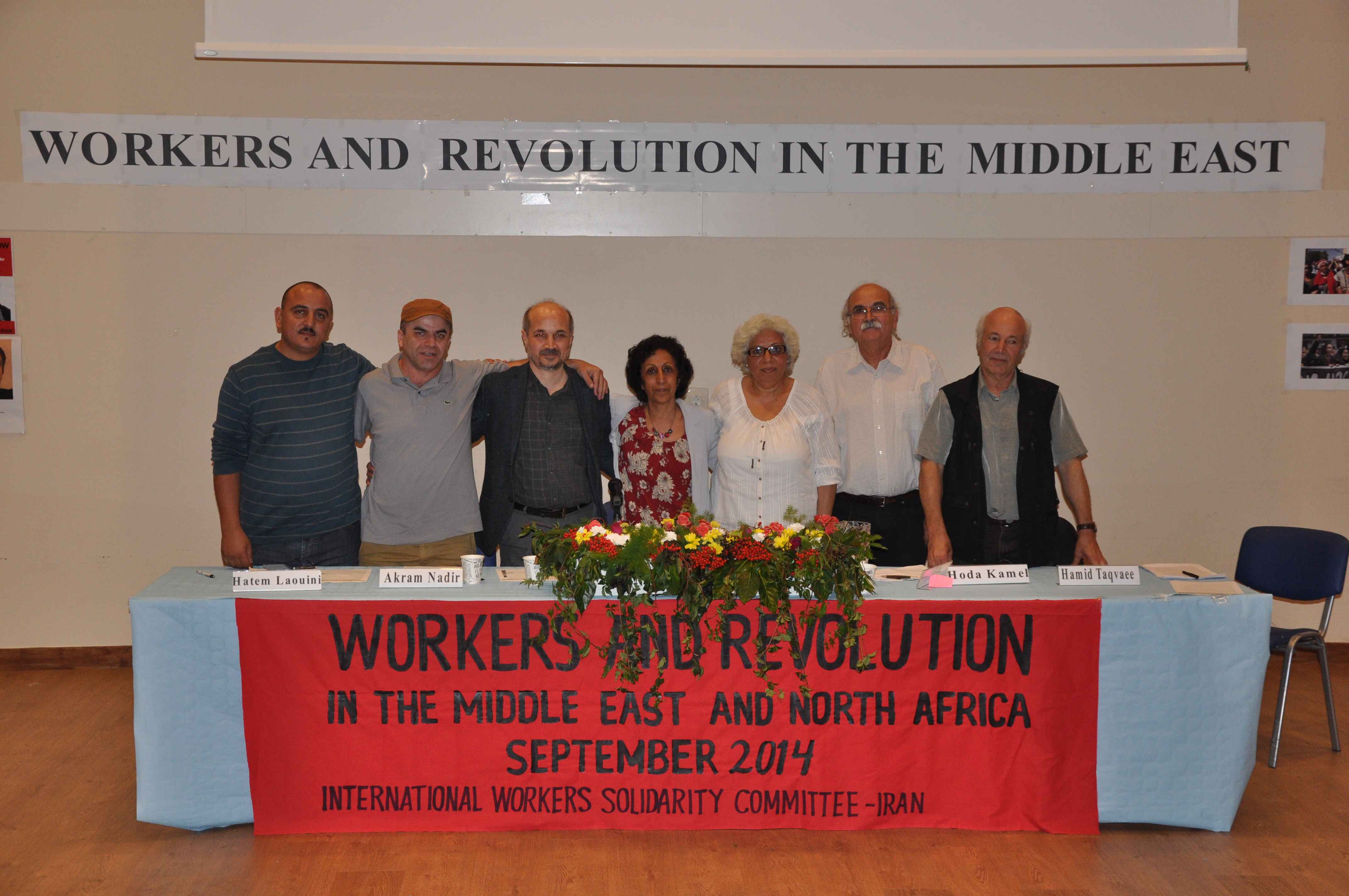The revolutions in the Middle East and North Africa mark one of the most important developments of contemporary history, which has transformed the political face of the region and the world. This revolutionary wave took place following the 2009 revolution in Iran, and has in turn left deep marks on the political situation in Iran and other countries of the region.
A crucial factor in the revolutions in Tunisia and especially Egypt has been the activation of workers and the resurgence of strikes. In Iran too a continuing field of protest against the Islamic regime has been the workers’ movement, which is having a direct impact on the political climate of society and the balance of forces. The key issue of these revolutions and the explosive feature of the people’s protest in Iran is the struggle against poverty, deprivation and the repression rooted in the capitalist system. These revolutions have at the same time dealt a powerful blow to the ultra-reactionary movement of political Islam.
Thus, universal and common demands such as bread, freedom, equality and human dignity link these revolutions with the political developments in Iran. These conditions more than ever stress the need for the creation of lasting, organised and planned solidarity in the protests of the people across the region. An important aim of the Workers and Revolution in the Middle East and North Africa Conference in Stockholm is to respond to an aspect of this solidarity, i.e. the workers’ solidarity in the Middle East and North Africa. This Conference, working to render a structure to workers’ solidarity in the Middle East and North Africa, places the creation of a Workers’ Solidarity Network for the Middle East and North Africa on its agenda. The Workers’ Solidarity Network will work around the following themes:
The Workers’ Solidarity Network will promote the struggle of workers in this region by reporting the news of workers’ struggles in the Middle East and North Africa and bringing the voice of workers there to the people of the world. As a first step in this direction, the Network will publish a Newsletter in different languages, and will make active use of the social media;
Defending jailed workers and working for their release is an important aspect of workers’ solidarity across the Middle East and North Africa;
The Workers’ Solidarity Network regards active support for the unconditional right to organise, assemble and strike and for the unconditional freedom of expression and belief as a central pillar of its activities;
The Workers’ Solidarity Network stresses the common cause of workers around the world and supports workers’ struggles anywhere in the world;
The Workers’ Solidarity Network aims to hold an annual workers’ solidarity conference with the participation of an increasing number of worker activists from around the region.
The Workers’ Solidarity Network will hold regular monthly meetings, and will aim to expand the network to further countries in the region.
The Conference calls on all workers’ organisations and activists in the Middle East and North Africa to join the Workers’ Solidarity Network for the Middle East and North Africa.
Adopted by the Workers’ Solidarity Conference
6 September 2014, Stockholm

